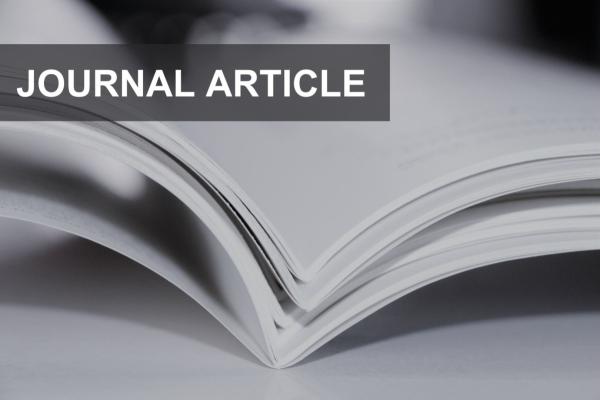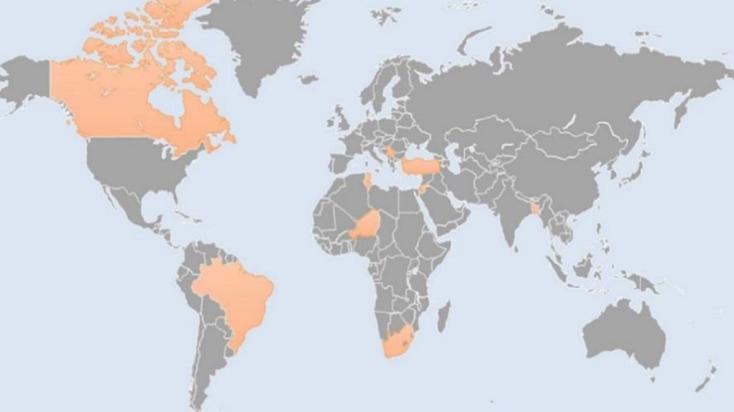Das Arnold-Bergstraesser-Institut (ABI) ist in den Bereichen comparative areas studies und transregionale Studien eines der bedeutendsten Forschungsinstitute Deutschlands. Als unabhängige, gemeinnützige Forschungseinrichtung kooperiert das Institut mit der Universität Freiburg. Das Institut wurde 1960 gegründet und geht auf den damaligen Professor für Politikwissenschaften und Soziologie der Universität Freiburg, Arnold Bergstraesser, zurück.













